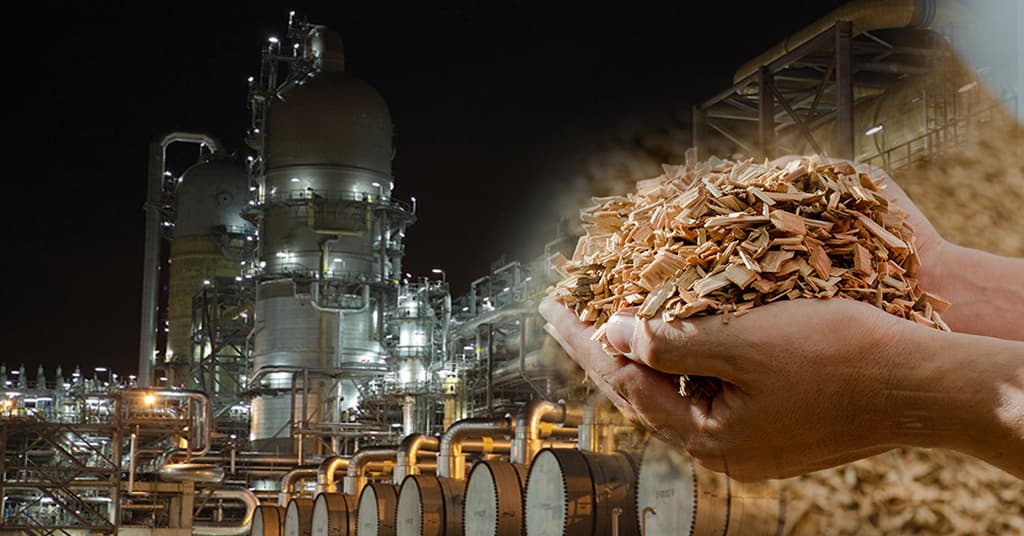Welcome To ChemAnalyst

As the summer season approaches, Asia is seeing increased demand for Liquid Natural Gas (LNG) spot cargoes, with solid demand and persistent supply uncertainties from the Russia-Ukraine conflict likely to keep LNG prices stable, softening the impact of China's recent weak consumption. So far this year, regional LNG import demand in China has declined by over 10% compared to last year's levels. Still, increasing heating loads will likely support an increase in consumption in the coming months, which could prompt some spot procurement across Northeast Asia. China remains the region's biggest wildcard, with high spot prices, a deteriorating macroeconomic situation, and competition from other fuels and supplies limiting its LNG purchases thus far. Imports are expected to increase, especially in the third and fourth quarters, as blockades are lifted in major metropolitan areas. Still, overall, LNG imports in China are expected to decline from 2021 levels to 2022.
LNG imports in Japan has increased during last week of MAY thanks to imports from Australia, Malaysia, Papua New Guinea, and Indonesia, according to data from the country's finance ministry. South Korea's nuclear output is likely to increase this summer, helping to offset a considerable increase in LNG use. However, the country will almost surely need to import more as temperatures rise. India is eyeing to increase import amounts of LNG as the country's energy requirement is expected to peak. According to the latest data from the Taiwan Energy Bureau on June 6, Taiwan imported 1.72 million tons of LNG in April, an increase of 2.2% for mothers and 14.8% year-on-year; this is April in preparation for peaks due to summer demand.
According to ChemAnalyst, the price of LNG in the Asian market is expected to rise due to the rising demand for procuring LNG can be witnessed in almost every Asian market on account of the summer season. The Chinese market is sluggish in importing LNG, but the trend is expected to change during Q3 or Q4 of 2022, further driving up the LNG prices in Asian markets.
We use cookies to deliver the best possible experience on our website. To learn more, visit our Privacy Policy. By continuing to use this site or by closing this box, you consent to our use of cookies. More info.
